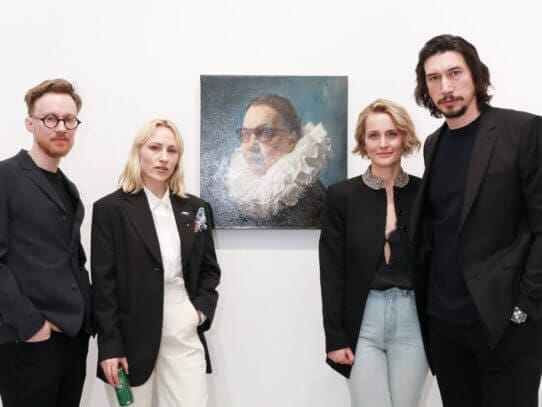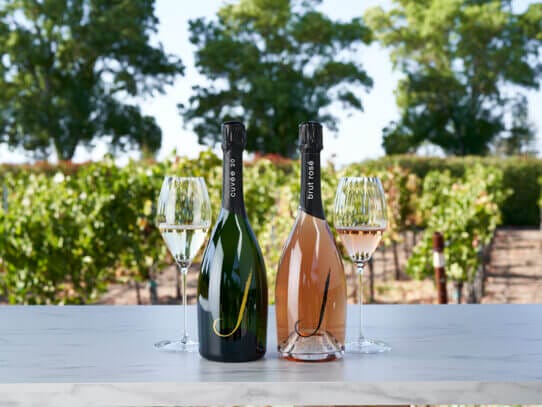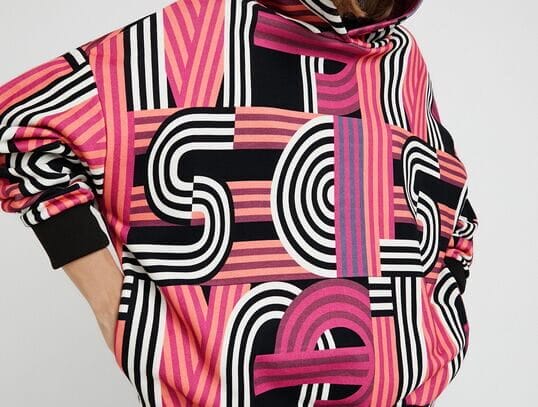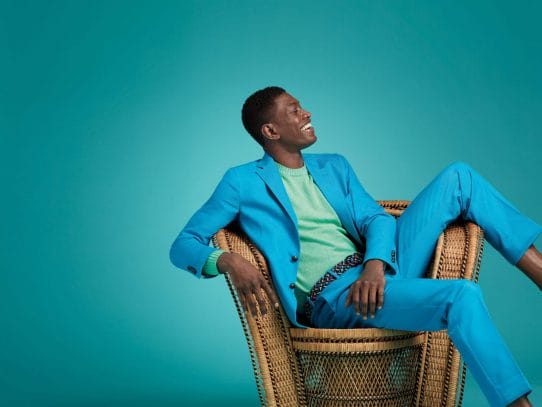Eco-friendly fashion is redefining style with innovative designs and ethical practices. Discover why sustainable apparel matters, its challenges, and how a shift in consumer choices can drive a positive impact for the planet and future generations.
Indian fashion is taking a bold step forward in sustainability as renowned brands Doodlage, Lovebirds, Ka-Sha, Paiwand Studio, Sonam Khetan, and Urvashi Kaur join hands with Canopy, a global environmental nonprofit dedicated to protecting climate-critical forests and accelerating circular solutions. These forward-thinking brands join a growing network of Indian sustainability pioneers, including Flipkart and Anita Dongre, and a broader international coalition of over 950 companies working to create a forest-friendly fashion future.
This collaboration signifies India’s expanding influence in the global movement toward circular supply chains and sustainable materials. The announcement follows Canopy’s “Fashion for Forests” event in New Delhi, which gathered trailblazers in the fashion industry to discuss actionable solutions for reducing environmental impact. Key topics included mitigating the risks of sourcing from Ancient and Endangered Forests and scaling Next Gen materials — innovative textiles made from recycled clothing and agricultural residues instead of trees.
India: A Hub for Low-Impact Innovation
“India has a remarkable opportunity to not only protect its rich biodiversity but also become a global leader in low-impact Next Gen textiles that mitigate climate change and air pollution whilst spurring community advancement,” said Nicole Rycroft, Founder and Executive Director of Canopy.
India is uniquely positioned to spearhead Next Gen Solutions, utilizing an abundance of agricultural residues — a staggering 500 million tonnes annually — to create low-carbon, circular materials. These innovations not only combat air pollution and reduce landfill waste but also present a $10 billion opportunity for India to lead in the production of sustainable textiles and packaging.
Brands Taking the Lead
The six new partners in Canopy’s CanopyStyle initiative are redefining sustainability in fashion:
- Lovebirds Founders Gursi Singh and Amrita Khanna highlighted the synergy between their brand’s purpose and Canopy’s mission, stating, “This partnership helps us embed sustainability into every aspect of our work — from fabric sourcing to packaging.”
- Ka-Sha’s Karishma Shahani Khan expressed excitement about exploring Next Gen Materials and enhancing the brand’s circular system, saying, “Working with Canopy enables us to evaluate and scale our conscious efforts more effectively.”
A Global Impact
These partnerships contribute to CanopyStyle’s growing roster of 560 brands globally, collectively representing over $1.06 trillion in annual revenues. Initiatives like Canopy’s Hot Button Report guide brands toward sourcing from environmentally responsible viscose producers, while Pack4Good focuses on eliminating virgin forest fiber in packaging.
Sustainability in Apparel: Striving for Style with Responsibility
Sustainability in the apparel industry is no longer a niche idea; it is becoming a defining characteristic of fashion’s future. As someone who has spent years immersed in fashion, I’ve seen the growing efforts to merge aesthetics with responsibility. Brands are experimenting with eco-friendly materials, implementing circular design processes, and prioritizing low-carbon production. While these efforts are commendable, the numbers tell a different story—sustainable apparel sales still lag behind traditional fast fashion. A lack of awareness, higher price points, and the convenience of mass-market options often deter consumers from choosing sustainable alternatives. The challenge now is for designers, retailers, and advocates to not only create better products but also educate and inspire consumers about the value behind them.
My Experience with Canopy-Inspired Sustainable Fashion
One of my most memorable experiences with sustainable fashion was during a photoshoot featuring pieces inspired by Canopy’s principles of protecting forests and supporting innovative materials. The collection included styles made from recycled textiles and agricultural residues, seamlessly blending artistry with eco-consciousness. I was impressed by how these pieces didn’t compromise on style or craftsmanship—they were not only chic but also carried a meaningful story. It was a revelation to see how sustainability, often associated with muted aesthetics, could be translated into bold, modern designs that rival the best of high fashion. Experiences like this affirm that sustainable fashion has the potential to redefine the industry, but it requires continued innovation and consumer buy-in. The way I see it; this partnership is more than a milestone; it’s a movement that promises to reshape the fabric of fashion — one sustainable innovation at a time.
Why Consumers Should Choose Sustainable and Local Goods
- Environmental Impact: Sustainable goods often use fewer resources, reduce pollution, and lower carbon footprints.
- Ethical Production: Local and sustainable products are more likely to ensure fair labor practices.
- Quality Over Quantity: Eco-friendly goods are often designed for longevity, reducing the need for frequent replacements.
- Support Local Economies: Buying locally-made goods boosts regional businesses and craftspeople.
- Unique Designs: Sustainable and local brands often offer distinctive, handcrafted items not found in mass production.
- Waste Reduction: Sustainable fashion encourages circularity by recycling materials and minimizing waste.
- Healthier Materials: Eco-friendly goods avoid harmful chemicals, benefiting both the planet and the wearer.
- Transparency: Many sustainable brands prioritize clear communication about their sourcing and practices.
- A Positive Statement: Wearing sustainable fashion showcases your commitment to a better world.
- Future Investment: Supporting these brands encourages the industry to evolve towards more ethical and sustainable practices.
In today’s fast-paced world, aligning style with sustainability might take extra effort, but it’s a choice that pays dividends for the planet, local communities, and future generations.
The Future of Sustainable Fashion
By aligning craftsmanship and innovation with sustainability, these Indian brands exemplify how fashion can drive meaningful environmental progress. Through partnerships like these, the industry is embracing a future where creativity and eco-conscious practices fuel both economic growth and environmental stewardship.
About Canopy
Canopy is a solutions-driven environmental nonprofit dedicated to protecting the world’s forests, species, and climate. With a network of over 1,000 brands, Canopy works to eliminate Ancient and Endangered Forests in textiles and packaging while scaling Next Gen Solutions. Learn more at www.canopyplanet.org.
About the Author:
Joseph DeAcetis is a visionary force in the world of fashion, celebrated as one of the finest wardrobe stylists and art directors of his generation. His expertise and creativity have earned him accolades throughout the industry, placing him at the forefront of fashion’s evolution. Joseph’s work seamlessly weaves together style, culture, art, and fashion, with a special focus on the shifting landscape of menswear.
Over the course of his distinguished career, Joseph has had the privilege of styling and even interviewing global icons such as Elon Musk, Justin Bieber, Richard Branson, Katy Perry, Tom Brady, and A$AP Rocky, to name just a few. His influence extends beyond styling, as he has also been a prolific writer, contributing award-winning columns to esteemed publications like Esquire, People Magazine, Robb Report, and Playboy. His deep insights and captivating storytelling have established him as a leading voice in fashion journalism.
Joseph most recently served as Creative Fashion Director at Forbes Media, where his dual role as critic and reporter allowed him to explore the intersection of technology and fashion, always championing the transformative power of style. As the founder and president of POTRO, the premier Latinx menswear brand, Joseph is redefining modern menswear with a commitment to celebrating Latinx heritage and craftsmanship.
With an authoritative yet relatable voice, Joseph DeAcetis continues to inspire and influence the world of fashion, setting new standards for success and innovation.
Comments, questions, or feedback? visit me at stylelujo.com
Save Article










